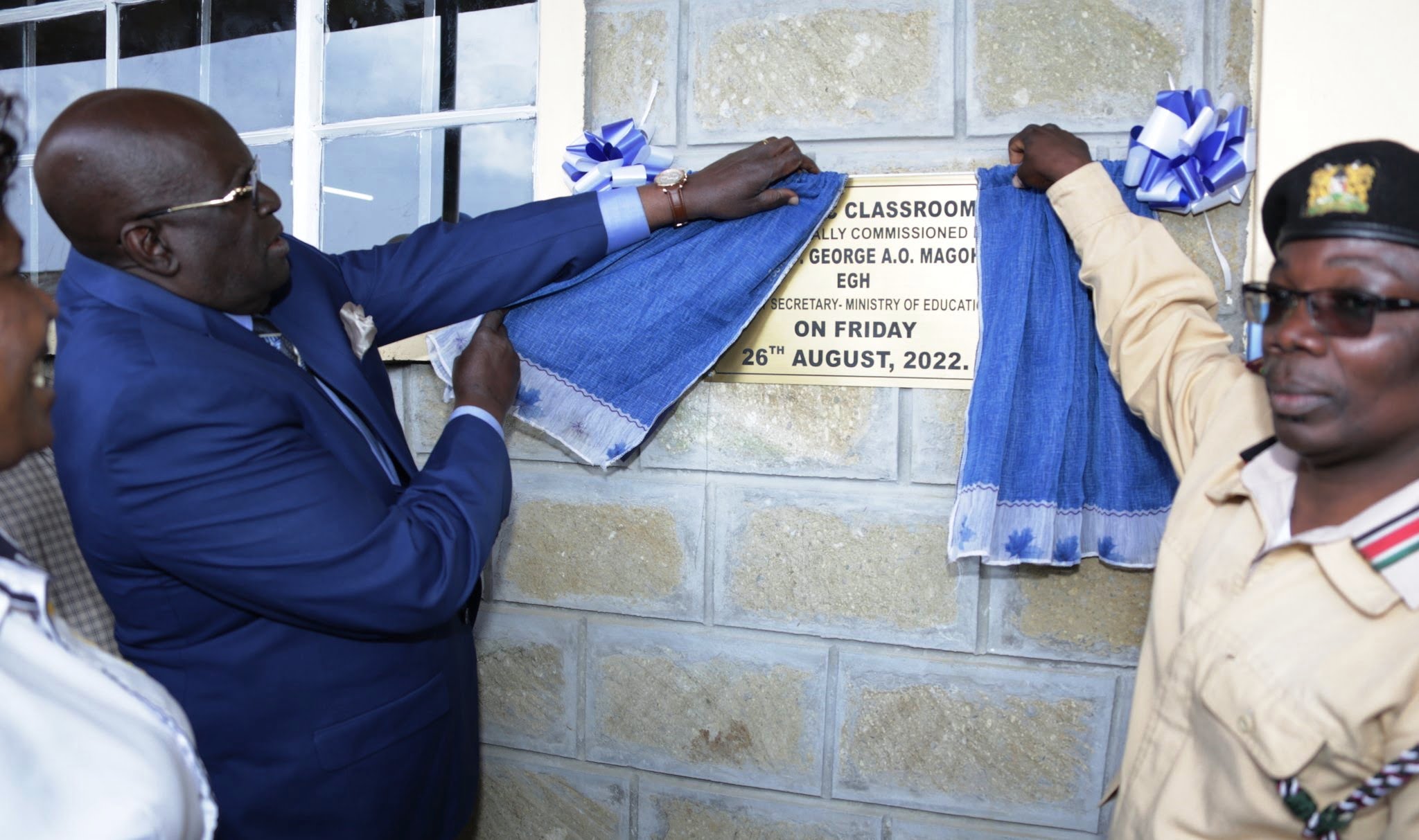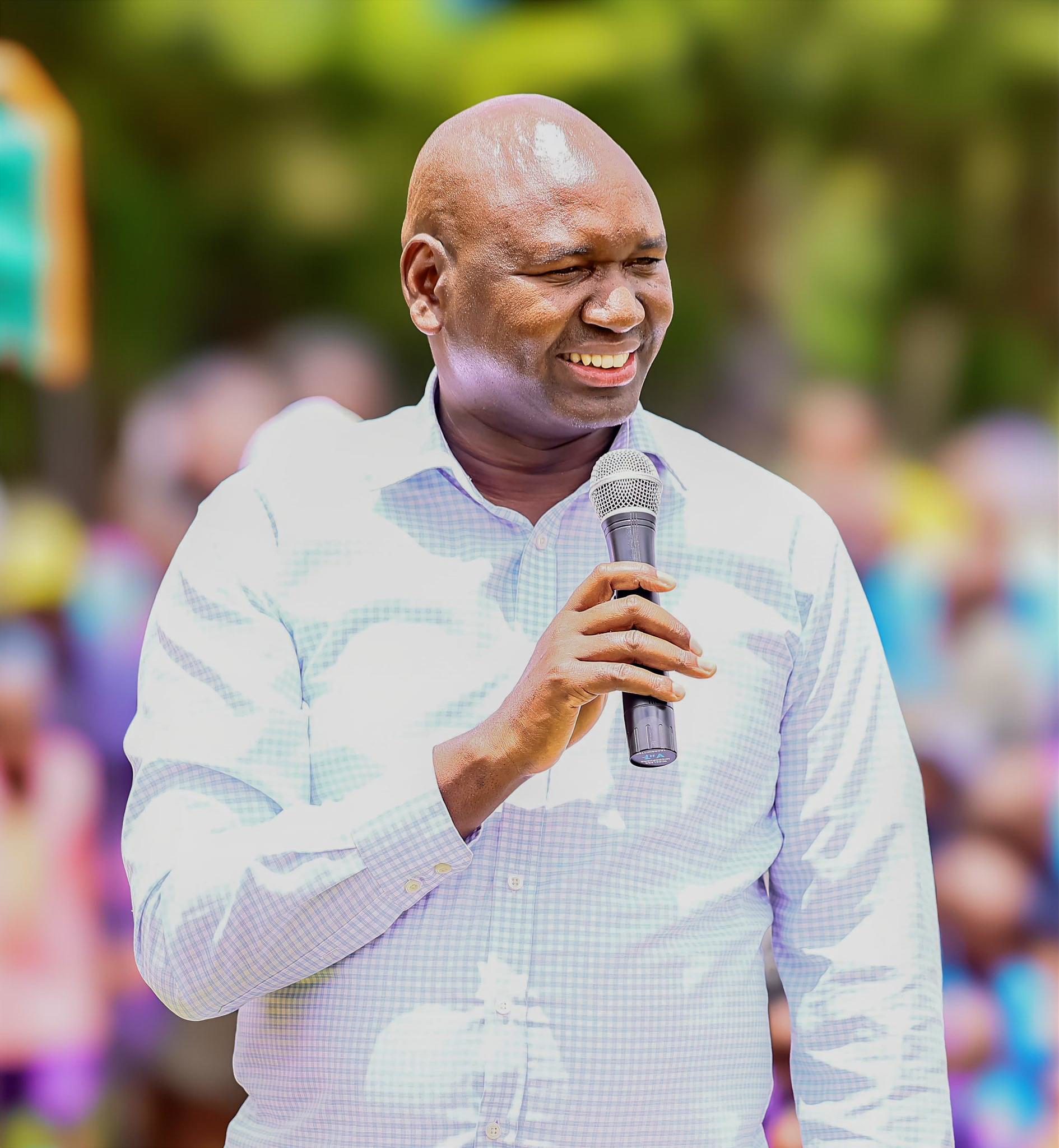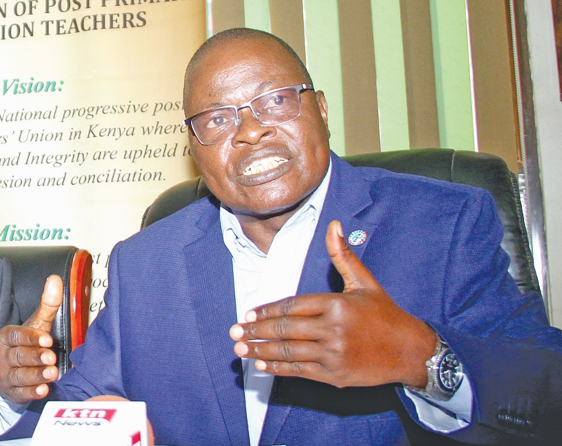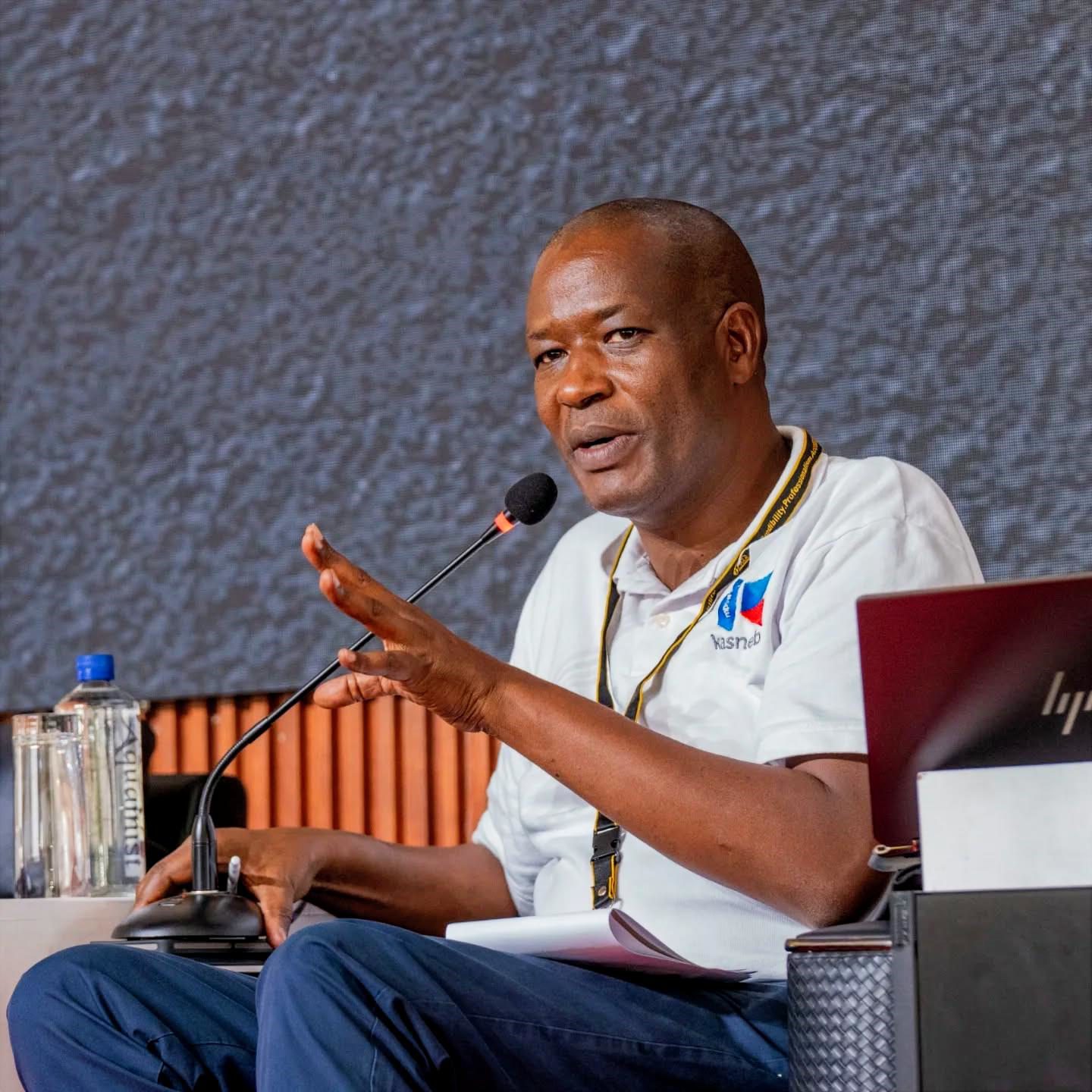By Amoto Ndiewo
In a major departure from multiple choices- administered KCPE under 8.4.4 education system, CBC candidates have gone through practical formative and summative assessments. In other words the students who have done these assessments in grade 4 and 5 will sit their final batch of national tests in December at the end of their primary school education before joining junior secondary.
As in the past, these end of primary school December examinations known as Kenya Primary Schools Education Assessment (KPSEA) will be administered by Kenya National Examination Council (KNEC) at the end of grade six. The learners will be worth 40 percentage marks of the other assessments they did in previous grades.
The grade four to six are taught and tested in English, Kiswahili, Sign Language (for learners who are deaf), Home Science, Agriculture, Science and Technology, Mathematics, Religious Education, Creative Arts, Health Education and Social Studies.
According to the new curriculum Grade 4, 5 and 6 School Based Assessments(SBA) assist in informing, mastery of competences and readiness of learners to transition and provide feedback to stakeholders like learners, parents, teachers and subsequent grades and curriculum developers.
Many primary school teachers speaking to Education News (EN) in Garissa say each question in the assessment required learners to think and acquire and apply knowledge based on items learnt in class.
Ahmed Khere, head teacher Abdisamet Primary School in Garissa says the beauty of it all is that for practical subjects learners are supposed to go out and carry out activities whose scores are based on how they perform.
‘’These practical aspects help learners think , unlike in the past when practical questions were just on paper ,it is no longer memorization , it is application of knowledge ’’ Khere adds .
He says in some questions on the assessments candidates are required to identify objects drawn in the question paper and they have the task of naming the various parts by writing down the answers.
‘’This,’’ he says, ‘’is a departure from the previous examinations where candidates would only shade boxes of multiple choices while answering questions.’’
He says in CBC candidates are also required to read and understand questions then give reasoned answers by writing down the answers on the question paper .
Unlike in KCPE this was only applicable in English composition and Swahili Insha where candidates put their writing skills to pen and paper by writing down reasoned thinking to capture their creativity.
‘’Under mathematics questions leaners are tested on the various components of the subject including numbers, measurements, geometry, data handling and algebra,’’ said Khere .
‘’This,’ he adds, ‘’is unlike KCPE wherein learners used to put their unknown best foot forward and arrive at answers in KCPE but now candidates tackle the questions to resolve various questions.’’
‘’A striking example is a state where candidates are needed to demonstrate their knowledge of a compass, protractor, ruler and divider to show how they arrive at answers,’’ said Abdi Mahat, a mathematics teacher in Jaribu primary school in Garissa town.
‘’Using a protractor to measure the size of an angle marked X reads a question, ’says Mahat.
Education News noted that in some cases teachers provide pupils with a cut out and using a ruler the learner measures the base and height of the cut out in centimetres reads another question. Similarly such practical questions are in Agriculture, Science, and Technology, Art and Craft and Religious Education wherein learners can be required and asked to recall and draw pictures of lessons they learned from a video they watched .
‘’In a practical home science students can be taken on a cookery where they pegged on Irish potatoes, bananas, and beef stew.’’
In music, the candidates can be asked to demonstrate their talents in performing folk or sacred music while in agriculture they can be asked to do a domestication of rabbits, goats and chickens with science projects involving the modelling of human heart.
‘’Our children doing CBC Grade six have done most of the practical skills needed and are remaining with few assessments regimented by KNEC ,’’ said Education Cabinet Secretary George Magoha confirming the smoothness of CBC in most schools.
Khere says learners in NEP use all skills in the creative process which enrich their understanding and makes life easier.
‘’Creativity is the highest order of thinking and ought to be used in the forefront of all learning environment and as an end goal,’’ said Abdi Osman, a teacher in Garissa Primary School who adds that in order to apply the knowledge candidates finished assessment projects first before sitting the written papers
‘’This enables them to explore more,’’ said Habiba Aden deputy head teacher in Jaribu adding that in the new system , learners have the urge to be in school more than before , since their mentality has shifted from books to life reality which has pushed them to adore school instead of home .
Over 1.25million learners are set to sit for grade 6 junior secondary entry exams in December for their maiden 2023 intake.
Interestingly KPSEA will be marked electronically because it is multiple choices based except Insha and English composition.
All candidates will be required to score a maximum of 40 per cent which will be added to the 60 per cent they will have attained during the entire primary six year learning period.






